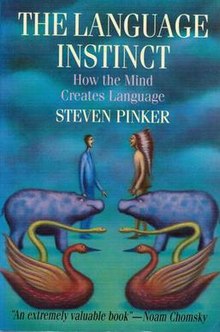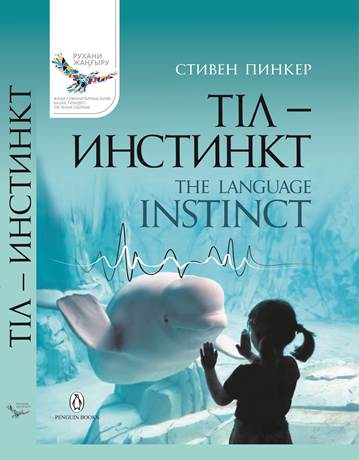
He then follows neurolinguists in their quest for language centers in the brain and for genes that might help build brain circuits controlling grammar and speech. Professor and co-director of MIT's Center for Cognitive Science, Pinker demolishes linguistic determinism, which holds that differences among languages cause marked differences in the thoughts of their speakers. Peppered with mind-stretching language exercises, the narrative first unravels how babies learn to talk and how people make sense of speech.

If Pinker is right, the origins of language go much further back than 30,000 years ago (the date most commonly given in textbooks)-perhaps to Homo habilis, who lived 2.5 million years ago, or even eons earlier. In this exciting synthesis-an entertaining, totally accessible study that will regale language lovers and challenge professionals in many disciplines-Pinker builds a bridge between ``innatists'' like MIT linguist Noam Chomsky, who hold that infants are biologically programmed for language, and ``social interactionists'' who contend that they acquire it largely from the environment.

To Pinker, a Massachusetts Institute of Technology psycholinguist, the explanation for this miracle is that language is an instinct, an evolutionary adaptation that is partly ``hard-wired'' into the brain and partly learned. A three-year-old toddler is ``a grammatical genius''-master of most constructions, obeying adult rules of language.


 0 kommentar(er)
0 kommentar(er)
